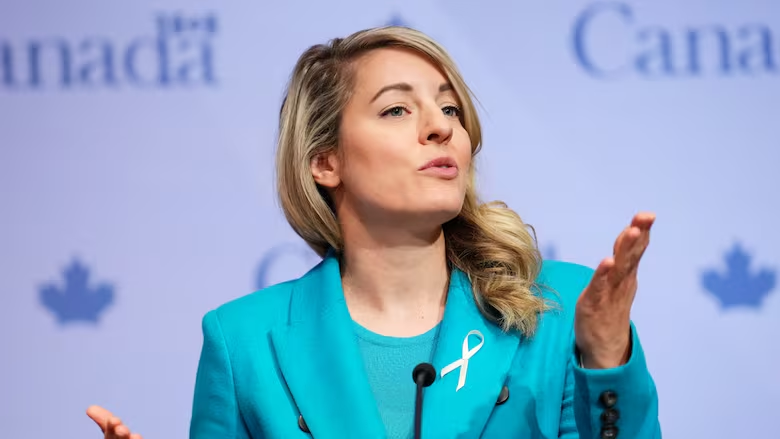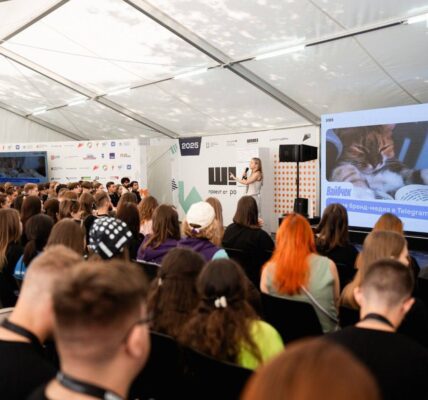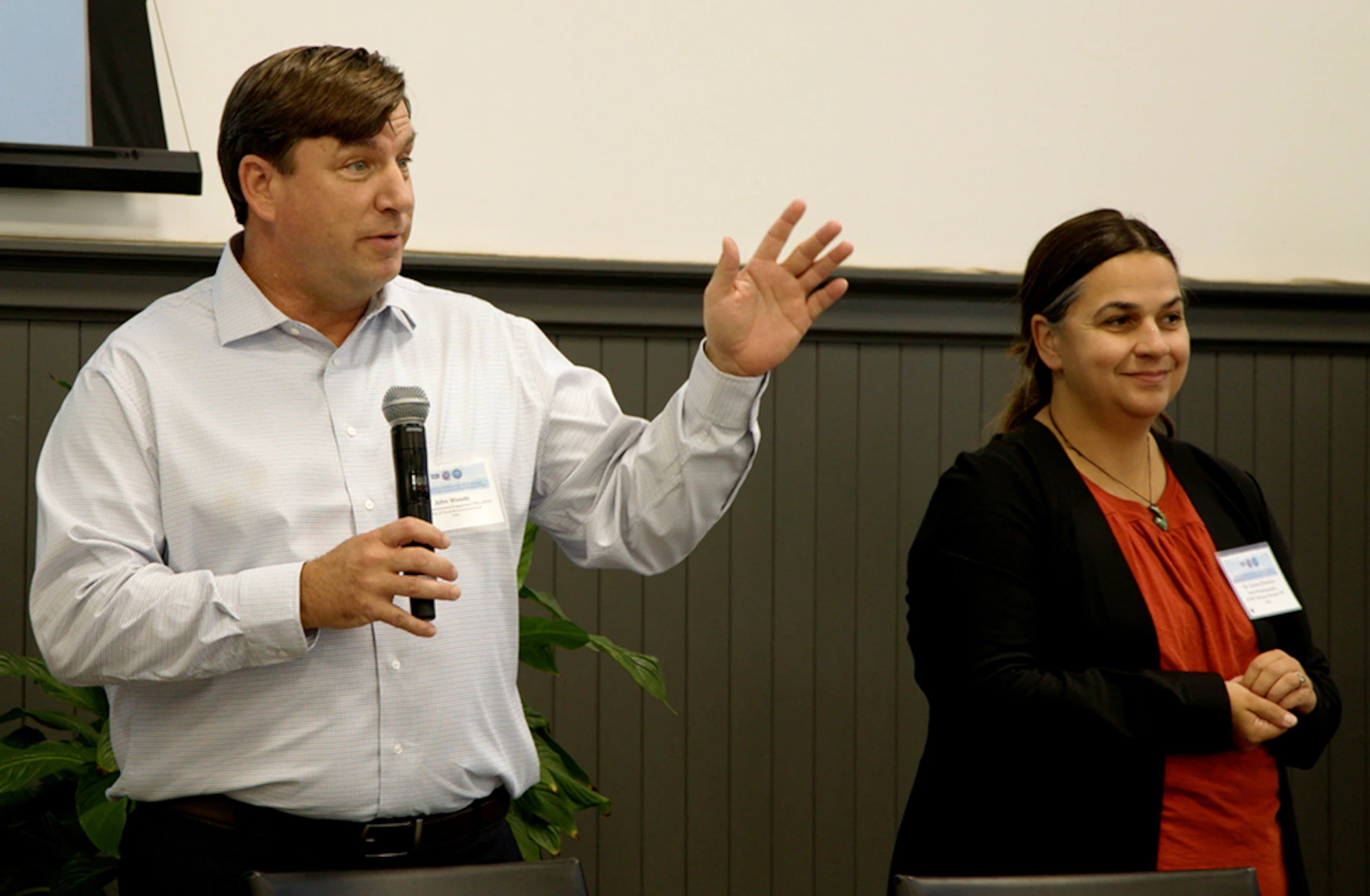Canada will open consulates in Alaska and Greenland, appoint an Arctic ambassador and continue its boundary negotiations with the United States over the Beaufort Sea.

Those promises and more are laid out in a new federal document released Friday morning about Canada’s Arctic foreign policy.
The federal government, along with northern premiers and Indigenous organizations, announced the policy in Ottawa.
It follows Canada’s Arctic policy framework announced in 2019, which set out in broad strokes how the federal government plans a “profound change of direction” in its relationship to the North.
The new policy provides funding over the next five years for Global Affairs Canada.
Aside from an ambassador and new consulates, the policy promises Canada will initiate Arctic security talks with foreign affairs ministers in other northern countries, and support science and research co-ordination in the Arctic.
The policy document also promises boundary negotiations with the U.S. over the Beaufort Sea, and finish implementing a boundary agreement between Canada and the Kingdom of Denmark over Hans Island (Tartupaluk).
The 37-page policy document also warns of Russian action in the Arctic, including its modernization of its Arctic infrastructure and its military capabilities.
It highlights that the Canadian Forces station in Alert, on Ellesmere Island in Nunavut, is closer to the Russian military’s air force base at Nagurskoye, Russia, than Iqaluit is to Ottawa or Toronto is to Winnipeg.
In April, the federal government announced money for Arctic defence, with few details on how that money would be put toward infrastructure.
‘Russia has no red lines’
Foreign Affairs Minister Mélanie Joly said Canada’s “guard rails” that prevent conflict are “increasingly under strain” when it comes to the Arctic.
“It is clear that Russia has no red lines,” she said. “The Arctic is no longer a low-tension region.”
Joly said the new policy has four pillars: asserting Canada’s sovereignty, advancing Canada’s interests through pragmatic diplomacy, leadership on Arctic governance and multilateral challenges and adopting a more inclusive approach to Arctic diplomacy.
“Those living in the North are best placed to know what’s going on in the North,” she said.
Joly also said the new Arctic ambassador announced in the policy will be an Indigenous person.
Indigenous peoples previously excluded
Inuit Tapiriit Kanatami president Natan Obed said he grew up “in the shadow of the militarization of the Arctic.”
“Too often, Indigenous peoples have been completely left behind,” he said.
Obed said this new policy changes that.
“We are now living in a place where we can fully realize our self-determination in a nation-state,” he said.
Nunavut Premier P.J. Akeeagok grew up in Grise Fiord, one of the High Arctic communities where Inuit were forcibly relocated by the federal government in the name of Arctic sovereignty.
“Canada’s Arctic sovereignty arises from Inuit land use,” Akeeagok said.”It is our families who were sacrificed in the name of the Canadian flag.”
Akeeagok said he too is hopeful about the new policy.
“Our territory is ready to strengthen those diplomatic ties,” he said. “It’s our lands and our waters we are talking about.”

Policy strikes right tone, but timing questioned
Rob Huebert is a professor with the political science department and interim director for the Centre for Military, Security and Strategic Studies at the University of Calgary.
He said one question many people will be asking is whether the policy comes in time.
“Many of the the issues that are raised are the problem of Russian aggressive action worldwide, the buildup of military capabilities by Russia, the increased co-operation between Russia and China in the region — all of these have been long-term problems.”
He said despite that, he thinks it strikes the right tone in terms of distinguishing the two “very severe existential threats to Canada” — geopolitical threats and climate change.
The message it sends south of the border, Huebert said, is that Canada is not “the weak link.”
“What this document is attempting to do in conjunction with the defence update is to say to the Americans, yes, we haven’t been doing all that much lately, but watch us now.”



